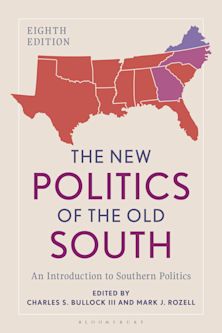This product is usually dispatched within 1 week
- Delivery and returns info
-
Free US delivery on orders $35 or over
You must sign in to add this item to your wishlist. Please sign in or create an account
Description
This book is a plea for scientific openness and free access to information. It demonstrates the futility of scientific secrecy and the weakness of national arguments against open communication. From the restriction of technologically advanced exports, to the classification of research as restricted or secret, to the monitoring (and censoring) of scientific publications and library collections, to the pre-emption by the Pentagon of scientific and technological research, the U.S. federal government has achieved a state of unprecedented control over American science and technology. This, despite the end of the Cold War. Foerstel examines this continuing trend toward the state as chief sponsor, promoter, and supervisor of scientific research and its unsettling ramifications.
Foerstel concludes that scientific secrecy is counterproductive to American interests, particularly in an era when economics has come to define national security. His controversial analysis will be of interest to scientists, historians, and students of government alike.
Table of Contents
National Security Controls on Science
Atomic Secrets
Cryptography: A Government Monopoly in Science
Not Quite Classified
The End of the Scientific Cold War
Selected Bibliography
Index
Product details
| Published | Jan 30 1993 |
|---|---|
| Format | Hardback |
| Edition | 1st |
| Extent | 256 |
| ISBN | 9780275944476 |
| Imprint | Praeger |
| Dimensions | 9 x 6 inches |
| Publisher | Bloomsbury Publishing |


































